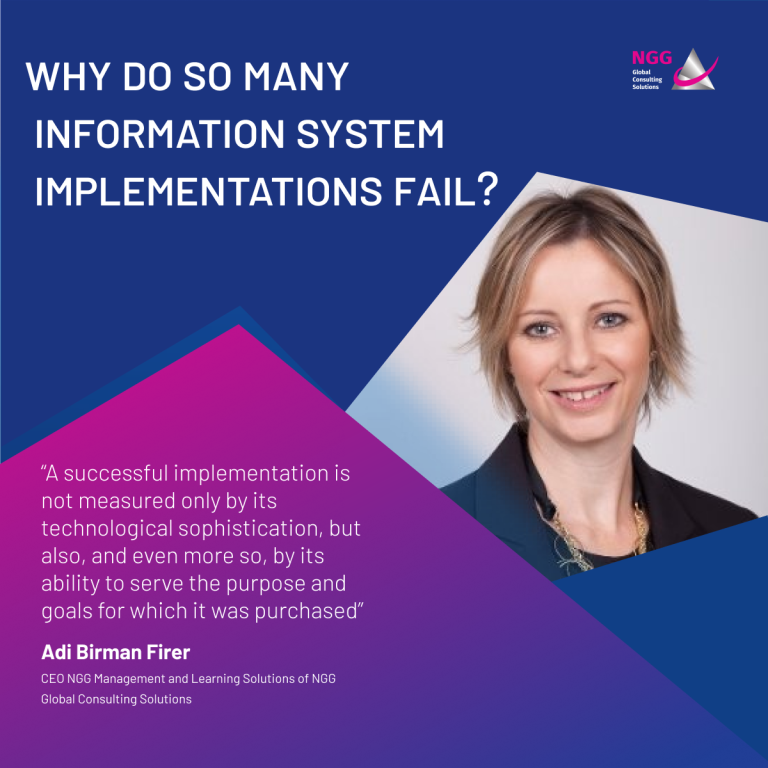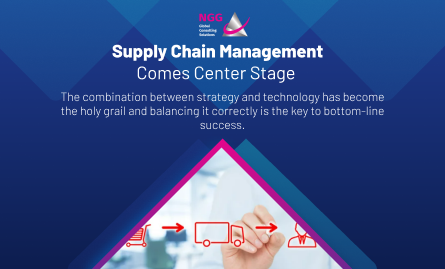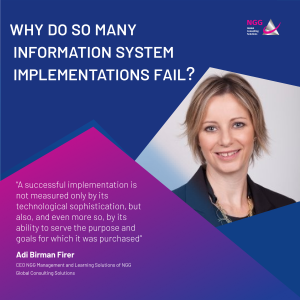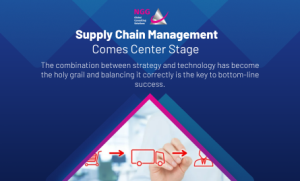Managers, instead of complaining about employees who are absent from work in the summer, you should acknowledge the benefits of a vacation and take one yourselves. Nili Goldfein, Founding Partner of NGG, with some tips for managers during summer vacation.
Have you already started noticing that office hallways are emptying out, and many emails are coming back with a laconic “out of office” reply? The kids are on vacation from school, the world outside the air conditioning is getting even hotter, and the main topic of discussion over the first cup of coffee is about who’s going where and how much it will cost. And anyone who thinks that it’s hard to work in Israel in the summer because everyone’s gone, probably doesn’t work with European offices. There the offices are completely emptied out, and while we Israelis still tend to take our laptops and answer our phones while on vacation, in many countries this practice is not common, and vacation days indeed live up to their name: Vacation. Unplugging completely.
"Take a Break"
The tendency of most managers, in most organizations, is to resent the rogue employees who “disappear” on them. Somehow, the loudest complainers are the managers who no longer (or don’t yet) have school-aged children. That’s too bad. The resentment is unnecessary. Every year, there are more and more studies proving that in order to work efficiently and effectively, we must take occasional breaks – short breaks and long breaks – so that we can recharge our energy and happily return to work.
In the modern world, an organization is distinguished not by prices (since everyone is comparable), or technology (which everyone has); the distinguishing factors that make an organization successful and desirable are creativity and service. That special touch, which gives clients the feeling that there’s “something different” here, is in the little twists that come from creative thinking and from charismatic people who give you the feeling that you are in good hands. This is true for any organization, in any field.
Playfulness and Passion
People come up with creative ideas when they’re calm and happy. Pressure may produce more output in production lines, but in order to come up with “something new and good”, in any field, the inventor must be happy and connected to the organization, to its staff, and to him or herself. In the modern world where everything is moving fast, and we are all obligated, due to the constraints of reality, to be constantly plugged in, the level of fatigue is rising. Greatly. There are more illnesses, more harmful habits, less time for sports, family, and relaxation, and much less restful sleep.
In many states, insurance companies reduce life insurance premiums for organizations that subsidize yoga classes, running groups, programs to quit smoking, and courses about proper eating habits for their employees. Everyone knows that stress and tension sabotage action and creative thinking, but the train is fast and hard to stop.
Constraint is the Mother of Creativity
Therefore, July-August vacations are a blessing for the organization, the manager, the employees and their families. This time period forces people to stop, think, rest, play sports, read, be with their families and recharge their batteries for another intense year of challenges at work. So instead of getting angry about summer constraints, it’s worth making friends with them, managing them correctly, and remembering: it’s not a bug. It’s a great feature!
5 Tips for Managers Facing Summer Vacation:
- Acceptance – If you can’t change it, accept it with love. This is true about everything in life. Including work.
- Support and Teamwork – Check the vacation dates of the whole staff at the beginning of summer. Make sure there is someone to “hold up” the tasks at all times, and take turns.
- Recharging Even for Those Who Have Trouble Letting go – If you have some stressed employees who are afraid to take vacation, encourage them and even help them with planning. We all need to charge our batteries.
- Vacation is Vacation – Try not to take your computer on vacation. Sometimes there’s no choice, but wherever possible, take full advantage of free time. No phones and no emails.
- Once a year is not enough – Start planning your next vacation as soon as your current one is over. Studies recommend a short vacation every 6 weeks and a long vacation at least twice a year.
- And don’t forget: Vacations don’t make us less dedicated employees. On the contrary. They affect our ability to give more – not only more hours, but more of our minds, our creativity and our ability to enjoy working together!
Have a nice vacation!
If you liked this article, share it with friends
